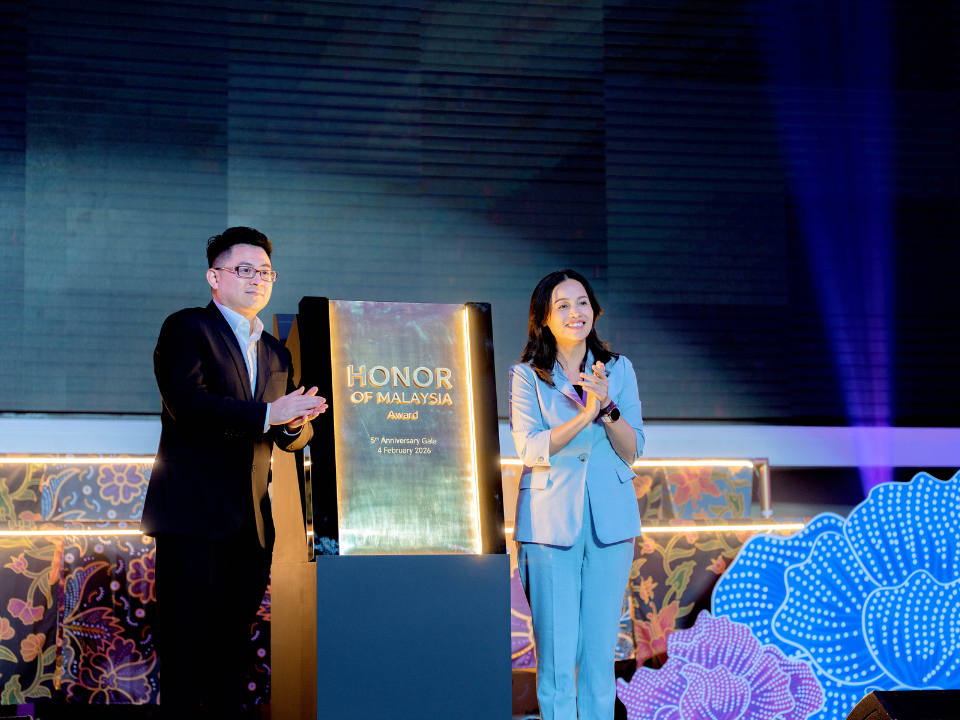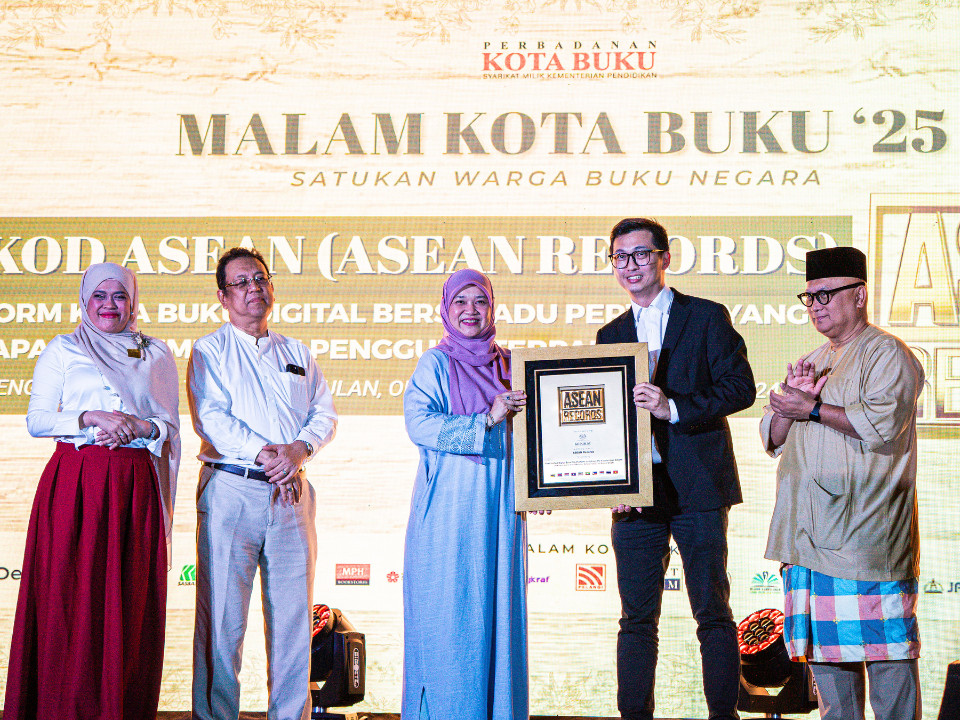
What if groundbreaking research were not stuck behind a paywall? In today’s academic world, research is more than a scholarly milestone. It is a powerful way to share discoveries, attract funding, and drive real-world impact. But for many Malaysian researchers, access to resources and time constraints remain key hurdles. Now, that is changing, thanks to the rise of open-access publishing, which is transforming how knowledge is shared and who gets to benefit from it.
Malaysia’s Innovation Ambition Goes Global
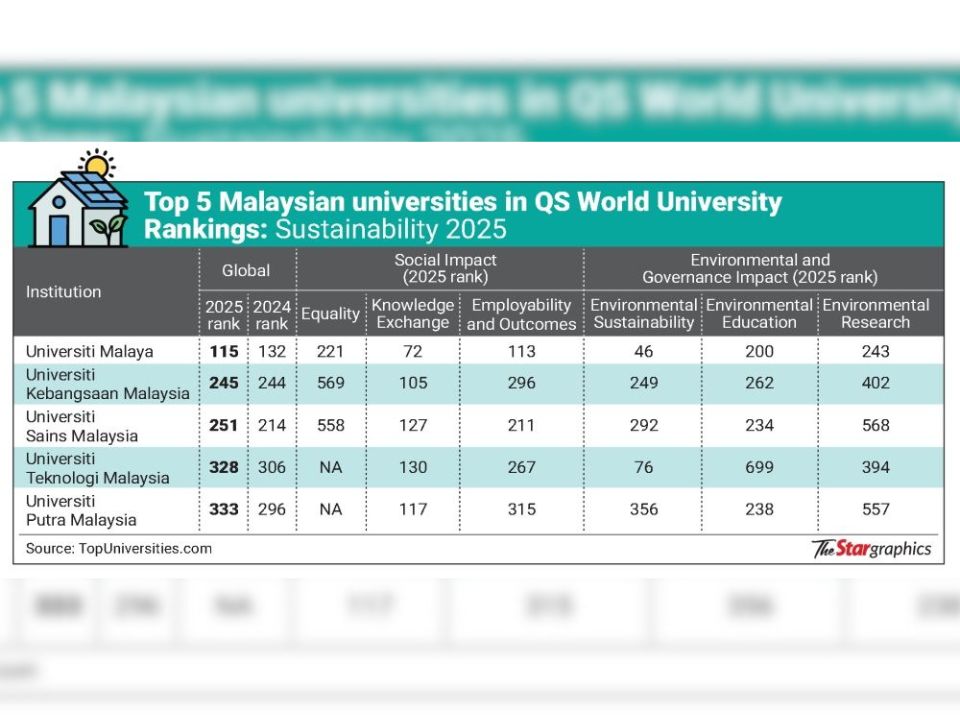
Image via The Star
By making research freely available online, open-access breaks down barriers to knowledge, helping Malaysia edge closer to its goal of becoming a regional innovation hub. With five local universities ranked in the world’s top 200 and growing government investment under Budget 2025, the demand for globally visible, impactful research is stronger than ever.
The Pivotal Role Open-Access Plays
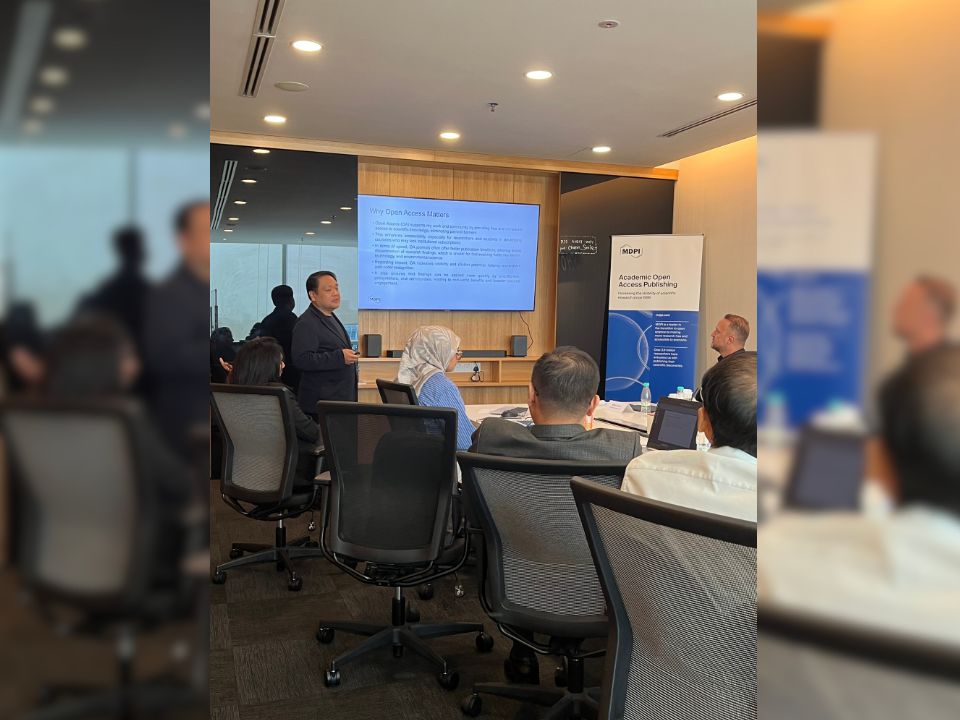
In a connected world, it is not just what you publish, it is who sees it. Open-access allows scholars to:
- Share findings without paywalls
- Retain ownership via open licenses (e.g., CC-BY license)
- Ensure their findings are being seen by wider audiences
- Reach wider audiences, from fellow researchers to policymakers
- Enable AI tools to analyze and summarize findings
Global publishers like MDPI, a leader in open-access publishing, are helping over 4 million researchers globally, including many in Malaysia. It also helps to publish faster and reach further, while keeping the quality intact. According to Associate Professor Lee Seong Wei from UMK,
“In today’s fast-moving research landscape, timeliness is a necessity. When there are delays in publication, the relevance of data can become outdated. The speed delivered through open-access ensures that research remains impactful, current, and relevant to the needs of the scientific community. With open-access channels such as MDPI, speed and rigour are not mutually exclusive, providing a much-needed advantage to the academic community.”
Associate Professor Lee Seong Wei, Universiti Malaysia Kelantan
Research That is Meant to be Seen
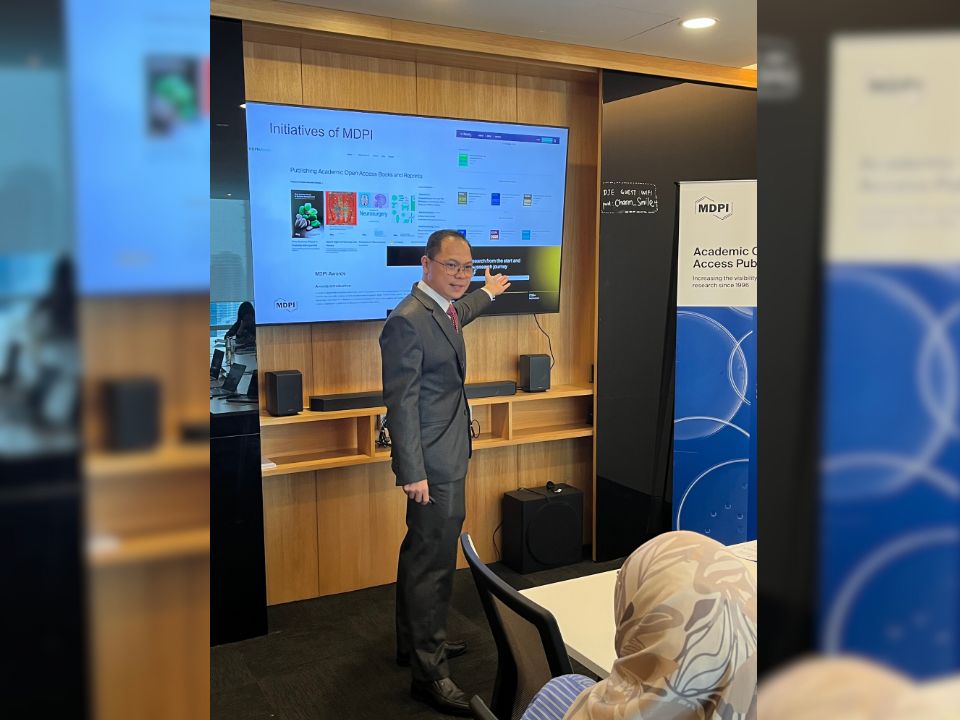
Open-access does not just benefit researchers, it benefits everyone. Students can gain immediate access to the latest insights. Besides, institutions can boost their global visibility and rankings. Meanwhile, for academics like Professor Ir. Denny K. S. Ng, Faculty of Engineering and Technology from Sunway University, open-access helps research inform real-world decisions.
“As a researcher myself, I would like my findings to be accessible by all researchers globally. Researchers wish for our work to inform action across government, industry, education, and society. When research is openly accessible, it has the power to shape better policies, drive innovation, and empower communities.”
Professor Ir. Denny K. S. Ng, Faculty of Engineering and Technology, Sunway University
He also added that during the COVID-19 crisis, open-access collaboration accelerated global vaccine development. This is a true testament to what is possible when knowledge is shared without borders.
Open-access Does Not Mean Easy
Do you still think open-access sacrifices quality? Think again. Despite concerns about speed over scrutiny, platforms like MDPI maintain high standards through rigorous peer reviews, AI-supported editorial checks, and a consistent 60% rejection rate. Professor Dr. Mohd Talib Latif of UKM shares,
“What stood out about publishing with MDPI was how easy yet balanced the process was. The fast yet constructive peer review gave me confidence to publish openly so all researchers could access my work. The peer review was fast, yes, but the feedback was thoughtful and helped improve the paper in meaningful ways. It didn’t feel rushed; it felt intentional. That gave me confidence in the quality of the journal.”
Professor Dr. Mohd Talib Latif, Universiti Kebangsaan Malaysia
The Bigger Picture: Accountability Meets Accessibility
With Malaysia’s Education Blueprint (Higher Education) under review, goals like research visibility and value-for-money outcomes are key. Open-access is not the only solution, but it is a critical part of a more inclusive and impactful research ecosystem. In the end, making research openly accessible ensures it does not just sit on shelves. It sparks change, fuels innovation, and reaches those who need it most.
Let’s make research matter. Let’s make it open.







